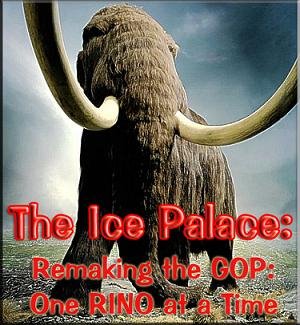Now there's something to complain about...
Feds after Google dataDon't get me wrong. I'm for every effort to get child pornographers behind bars, as well as to be able to restrict pornography from youngsters. But this practice necessarily raises some very grave concerns regarding privacy that have the very real potential to go far beyond nabbing pornographers. What assurances are there that the practice will stop with this issue? As far as I can tell, there are none.
RECORDS SOUGHT IN U.S. QUEST TO REVIVE PORN LAW
Mercury News
The Bush administration on Wednesday asked a federal judge to order Google to turn over a broad range of material from its closely guarded databases.
The move is part of a government effort to revive an Internet child protection law struck down two years ago by the U.S. Supreme Court. The law was meant to punish online pornography sites that make their content accessible to minors. The government contends it needs the Google data to determine how often pornography shows up in online searches.
In court papers filed in U.S. District Court in San Jose, Justice Department lawyers revealed that Google has refused to comply with a subpoena issued last year for the records, which include a request for 1 million random Web addresses and records of all Google searches from any one-week period.
The Mountain View-based search and advertising giant opposes releasing the information on a variety of grounds, saying it would violate the privacy rights of its users and reveal company trade secrets, according to court documents.
Nicole Wong, an associate general counsel for Google, said the company will fight the government's effort ``vigorously.''
``Google is not a party to this lawsuit, and the demand for the information is overreaching,'' Wong said.
The case worries privacy advocates, given the vast amount of information Google and other search engines know about their users.
``This is exactly the kind of case that privacy advocates have long feared,'' said Ray Everett-Church, a South Bay privacy consultant. ``The idea that these massive databases are being thrown open to anyone with a court document is the worst-case scenario. If they lose this fight, consumers will think twice about letting Google deep into their lives.''
Will this mean that all of our surfing habits, from political web sites we visit to charitable and/or special interest organizations, would now be subject to government scrutiny?
Although intentions may seem honorable at face value, it is my fear that this practice will open the can of worms that will inevitably hasten onset the "big brother" state, which will portend commonplace government intrusions in areas of our lives in which there should be none.
(Filed under First Amendment assaults)















|